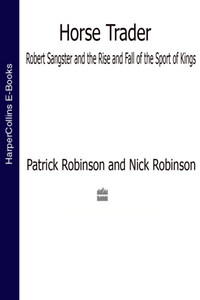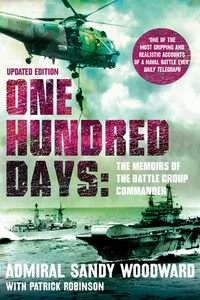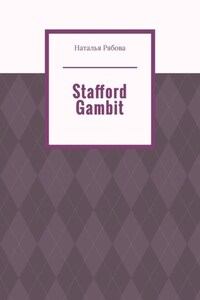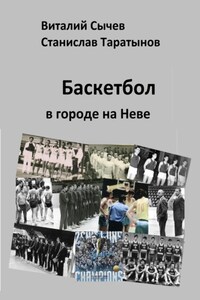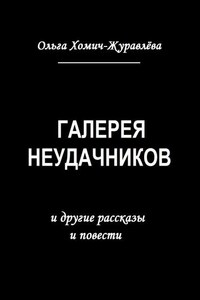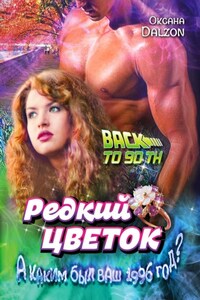HarperCollinsPublishers
1 London Bridge Street
London SE1 9GF
www.harpercollins.co.uk
Published by HarperCollinsPublishers 1993
Copyright © Patrick Robinson and Nick Robinson
Patrick Robinson and Nick Robinson assert the moral right to be identified as the authors of this work
A catalogue record for this book is available from the British Library
All rights reserved under International and Pan-American Copyright Conventions. By payment of the required fees, you have been granted the nonexclusive, nontransferable right to access and read the text of this e-book on-screen. No part of this text may be reproduced, transmitted, downloaded, decompiled, reverse-engineered, or stored in or introduced into any information storage and retrieval system, in any form or by any means, whether electronic or mechanical, now known or hereafter invented, without the express written permission of HarperCollins e-books.
HarperCollinsPublishers has made every reasonable effort to ensure that any picture content and written content in this ebook has been included or removed in accordance with the contractual and technological constraints in operation at the time of publication.
Source ISBN: 9780002551328
Ebook Edition © JUNE 2016 ISBN: 9780008193379
Version: 2016-06-20
To Joe Thomas and Northern Dancer.
They are both gone now, but they left behind an
eternal flame in the Vale of Tipperary.
Throughout this narrative there are frequent references to huge sums of money, some of them in US dollars and some of them in pounds sterling. We did not attempt to convert these into one single currency, which is the standard editorial practice, because the sums – such as the $10.2 million Keeneland yearling – were often such well-known figures that conversion would have been misleading and almost certainly inaccurate since exchange rates can vary by the hour. A sterling rate of 1.75, for instance, would have converted to ‘the £5,828,571.40 Keeneland yearling’. This would plainly have been absurd. The yearling was bred in the USA, the bidding was in dollars and the colt was paid for in dollars. Thus, when in America we have worked in dollars, and when in England or Ireland we have used pounds – occasionally Irish ones, when a stallion involved an Irish-trained horse going to Coolmore Stud in Tipperary.
There is also the occasional mention of the old-fashioned ‘guineas’ (one pound and one shilling). This is still used at English bloodstock auctions and, where appropriate, we have utilized this measurement. The title of the one-mile classics remains in the old racehorse currency – the 2000 Guineas and the 1000 Guineas. These do not, however, bear any relationship to the modern prize money for these races, which is nowadays over £100,000.
It was always tense in The Rooms when they were proposing to elect a statesman to membership. Actually, it was always tense in The Rooms whomever they were proposing to elect to membership. But a statesman created a special feeling of apprehension. Such an event happened only every fifty years or so, because, by and large, the Jockey Club did not see statesmen as the right calibre of chap. Most of them had depressingly brilliant intellects coupled with dazzling charm and tact. Or, put in the more ducal vernacular of the Club, they were too clever by half, ‘too smarmy’.
The Earl of Rosebery, during his Lordship’s tenure as Prime Minister of England, had of course been a member of the Club back in 1894 when his colt Ladas had won the Derby at Epsom. However, having been a member since the age of twenty-two, the touchy business of electing a statesman had never really applied.
The Jockey Club had admitted an Under-Secretary of State for War, Earl Cadogan, in the middle of the nineteenth century, in the knowledge that he was much preoccupied with the unrest along India’s north-west frontier. The same applied, in smaller measure, to the Marquis of Londonderry and the Earl of Zetland in the 1880s when they were appointed as successive Lords-Lieutenants of Ireland. Different frontier, similar unrest among the natives and one or two furrowed brows in the Club. Lord Randolph Churchill, Chancellor of the Exchequer and owner of an Oaks winner in 1889, had had to be elected. And they could not quite avoid accepting his often fractious son Sir Winston, who won the Jockey Club Cup in 1950 with his stout-hearted grey Colonist II shortly before becoming Prime Minister for the second time.
